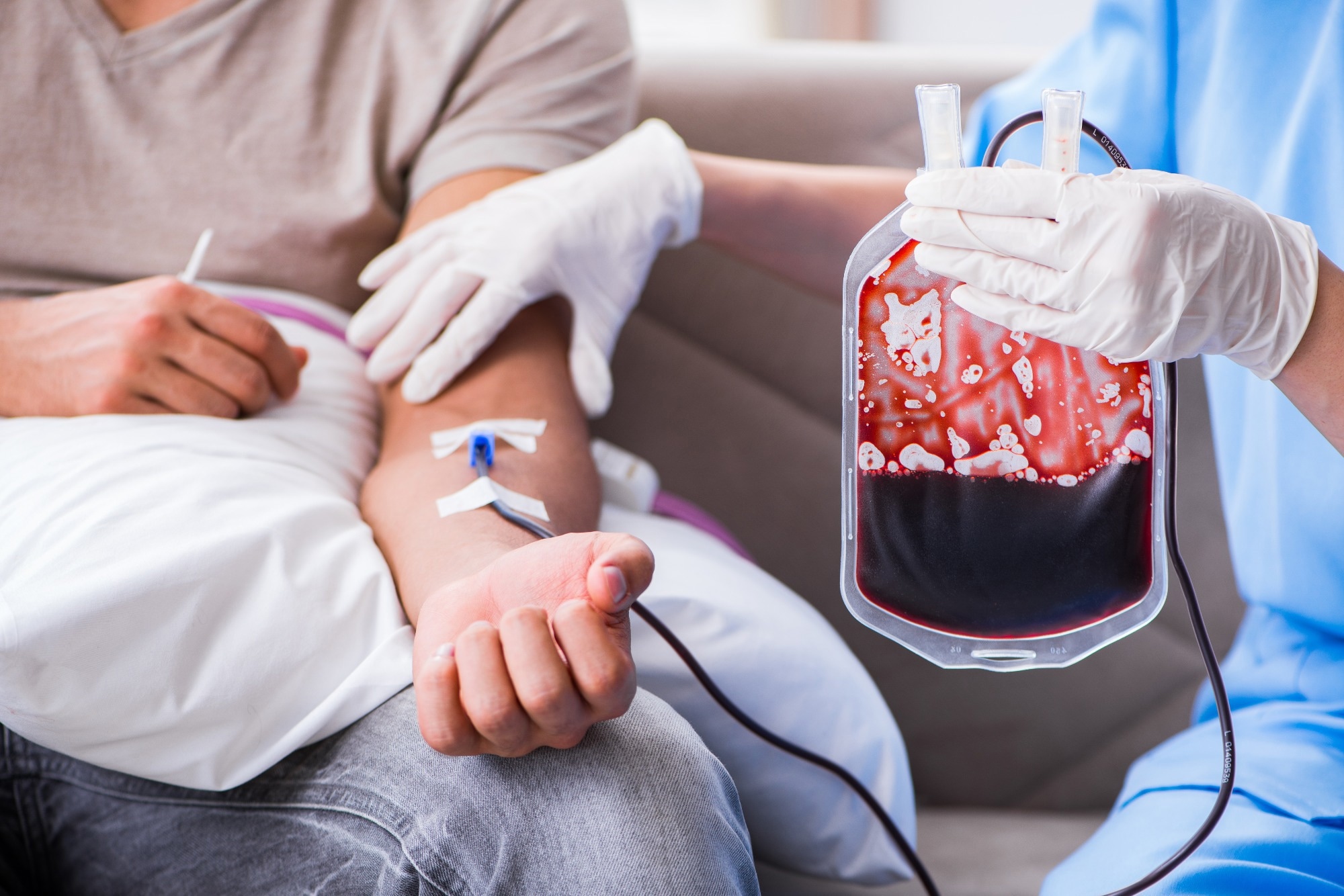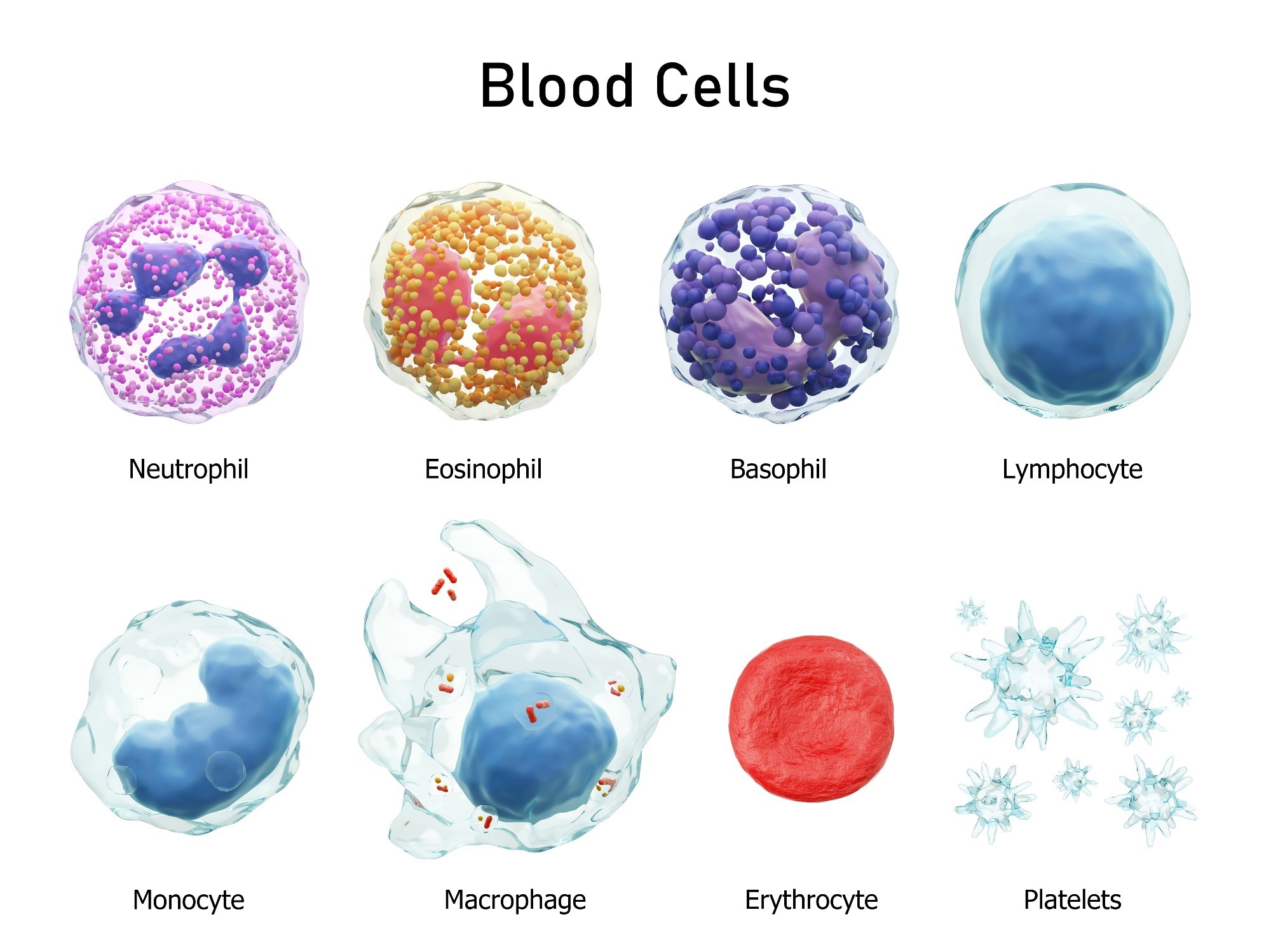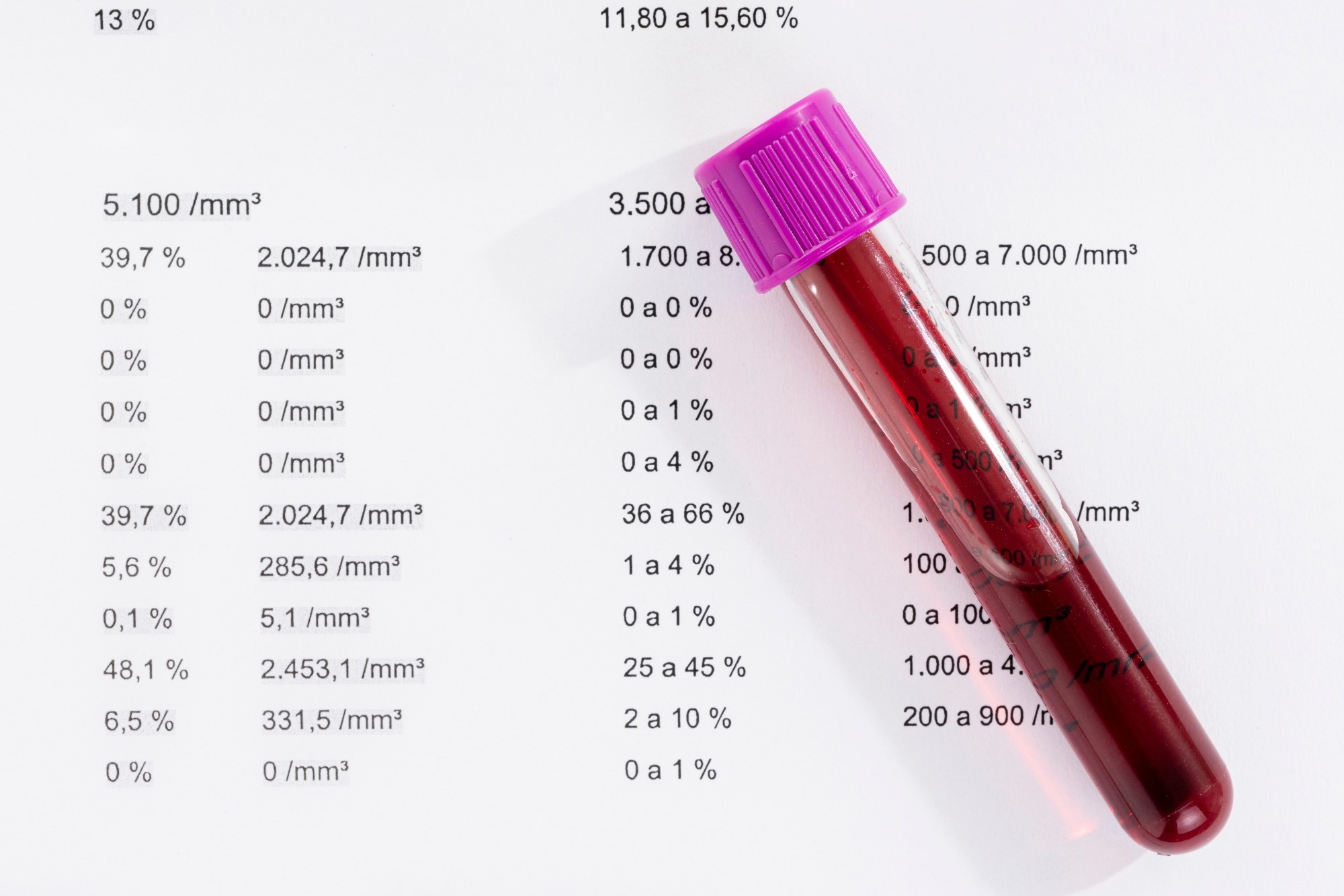Introduction to Hematology
Hematological diseases and disorders
Hematology tests
Work and scope of hematology
Education and training
References
Further reading
Introduction to Hematology
Hematology is a branch of medicine concerning the study of blood, blood-forming organs such as bone marrow, and blood-related disorders and diseases. The word "heme" comes from the Greek word for blood. Hematological tests are used to detect and diagnose diseases such as hemophilia, anemia, leukemia, sickle-cell anemia, lymphomas, and several infections.
 Image Credit: Elnur / Shutterstock
Image Credit: Elnur / Shutterstock
Hematological diseases and disorders
Hematological disorders can be classified into malignant and nonmalignant blood disorders. Nonmalignant blood disorders include hemoglobinopathies such as thalassemia and sickle-cell anemia, other types of anemias, and coagulopathies such as hemophilia. Hemoglobinopathies are genetic diseases and, apart from α- and β-thalassemia, include diseases caused by abnormal hemoglobin structure, manifesting in mild to severe anemia and multi-organ problems. Clotting disorders with genetic causes also include hemophilia and Von Willebrand disease, both of which are caused by low levels of clotting factors in the blood.
Other nonmalignant disorders like anemia and pulmonary embolism could be caused by various factors, including diet and lifestyle. Idiopathic thrombocytopenic purpura is a hematological disease characterized by an abnormal drop in the blood platelet concentration, which then results in bruising, nosebleeds, bleeding gums, and internal bleeding since platelets are involved in clotting. While idiopathic thrombocytopenic purpura is not inherited or contagious, the cause is yet unknown. In most cases, idiopathic thrombocytopenic purpura occurs in children after a viral infection such as chicken pox.
Malignant blood disorders include leukemia, lymphomas, and myelomas and can affect people of all ages. Malignant hematological disorders could be caused by various factors, including genetics, lifestyle, and environment. Polycythemia vera is a form of leukemia known as a myeloproliferative neoplasm, characterized by excessive production of red blood cells in the bone marrow, which causes blood to become more viscous and increases the risks of clots and heart attack. Myelofibrosis is another myeloproliferative form of leukemia where the bone marrow produces an excess of stem cells resulting in inflammation and scar tissue formation in the bone marrow. Malignant lymphomas, including Hodgkin's lymphoma, affect the lymphatic system and result in abnormal lymphocytes.
Myelodysplastic syndromes refer to a group of cancers where blood stem cells in the bone marrow fail to mature and form various mature blood cells. This results in refractory anemia, refractory cytopenia, chronic myelomonocytic leukemia, and various other cancers due to the insufficiency of red and white blood cells in the blood. Multiple myeloma is a form of cancer that results in excess plasma cells in the blood. The overcrowding of plasma cells in the blood causes a shortage of red blood cells, platelets, and white blood cells resulting in anemia, thrombocytopenia, and leukopenia, respectively. Multiple myeloma can also affect the osteoblasts and osteoclasts that keep bones healthy, causing bone degeneration and fractures.
 Blood cells. Image Credit: Puwadol Jaturawutthichai / Shutterstock
Blood cells. Image Credit: Puwadol Jaturawutthichai / Shutterstock
Hematology tests
Blood tests provide valuable information for diagnosing hematological and non-hematological diseases and disorders. A complete blood count (CBC) is one of the most common blood tests employed in disease diagnosis. The hematological parameters measured in a CBC include the number of white and red blood cells, platelet count, hematocrit red blood cell volume, hemoglobin concentration, differential white blood count, and various other red blood cell indices. Complete blood counts are used in diagnosing infections, anemia, blood-related cancers, and inflammatory diseases.
 Image Credit: Julio Ricco / Shutterstock
Image Credit: Julio Ricco / Shutterstock
Platelet counts are informative about bleeding and clotting disorders. Clotting-related disorders such as hemophilia can also be monitored and diagnosed using coagulant tests such as prothrombin time and partial thromboplastin time. These tests can also be used to monitor anticoagulation or anticlotting therapies.
The bone marrow test is one of the rarer hematological tests and involves analyzing cells from the bone marrow to diagnose diseases such as multiple myelomas.
Work and scope of hematology
Hematology is practiced by hematologists and hematopathologists. Hematologists are medical doctors with additional years of training in hematology. They are involved in direct patient care and diagnose and manage various hematological diseases, including cancers of the blood and bone marrow. Hematopathologists are medical doctors with board certifications in clinical and anatomical pathology. They study not only blood and blood-related diseases but also the tissues and organs, such as the spleen, lymph nodes, and the thymus, that use blood for their physiological functions. Hematopathologists diagnose blood and lymph-related conditions using tissue and blood samples in the laboratory.
Hematologists specializing in nonmalignant blood disorders use various blood smears, tests, and molecular diagnostic tools to formulate a proper diagnosis and treatment plan for their patients. They are sometimes also involved in the long-term care of patients with chronic hematological diseases.
Specialists in malignant hematological disorders also require broad knowledge in other fields, such as infectious diseases. They can further specialize in treatment methods such as bone marrow transplants, used for many blood cancers. Transfusion medicine is yet another area of specialization in treating malignant hematological disorders.
Hematologist-oncologists are specialists who do not perform cancer-related surgeries but treat the conditions with medications. In addition, they provide cancer screening tests, monitor chemotherapy regimens, and work with other specialists such as oncology surgeons, pathologists, and radiation oncologists.
Since blood is the human body's life force, almost all aspects of human health are linked to the circulatory system. Hematologists can collaborate with specialists from many other disciplines, such as surgeons, cardiologists, immunologists, and infectious disease specialists. They can also serve as consultants in other medical fields, such as trauma, neurosurgery, and cardiovascular diseases.
Education and training
Hematologists are required to complete a four-year medical degree, followed by three or four years of residency in internal medicine or internal medicine and pediatrics combined. After that, they spend two or three more years learning to diagnose and treat blood disorders. Hematology specialization is often combined with a specialization in oncology. Hematopathologists are required to first complete a residency in pathology before specializing in hematology.
Extensive first-hand practical experience in a recognized training center provides hematologists with expertise in diagnosing the cause of abnormalities in blood formation and other blood disorders and cancers using laboratory tests and in treating patients with hematological diseases.
What is a Haematologist?
References
Further Reading
Last Updated: Oct 11, 2023